Educational Counselling is a type of counselling where specialists assist students in making calculated decisions about their academic future and career path. It also promotes the overall mental health of the students by resolving issues ancillary to their academic problems.
Table of Contents
Educational counselling is a multi-pronged approach that aims to promote students' academic success and overall well-being. It includes a combination of guidance, mentoring, problem solving and support to help students overcome challenges and make the most of their educational opportunities.
What is Educational Counselling?
The process of a qualified expert assisting people with academic or educational difficulties, including helping with academic achievement, goal-setting, study techniques, and career preparation, is called educational counselling.
The answer to what counselling is in education then deals with advising and helping students make decisions about their educational plans, acceptable course selections and college or technical school preferences.
Counselling can also be used to develop study skills or support academic issues that affect performance. The objective is to support students in overcoming obstacles, making wise decisions, and achieving success in their academic endeavours.
Also Check: Planning Life After University: Career Guidance and Job Searching Strategies
Types of Educational Counselling
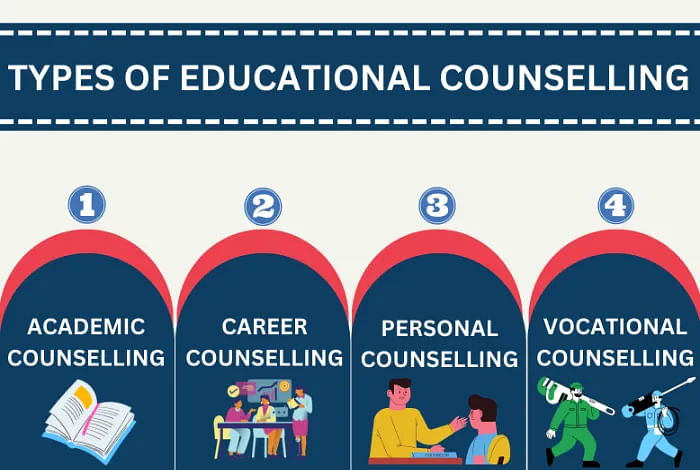
Several methods exist in educational counselling where certified career specialists, consultants, or counsellors frequently offer these services. The following are the 4 prevalent forms of academic counselling:
1. Academic Counselling: Academic advisors help students make educational plans, such as course selection, study techniques, and time management. They also assist kids in overcoming obstacles in the classroom and enhancing their learning abilities.
2. Career Counselling: Individuals can explore and identify their career objectives and aspirations with the aid of career counsellors. They advise selecting appropriate vocational courses, conducting job searches, and developing career development plans.
3. Personal Counselling: The main goal of personal guidance and counselling is to give students the appropriate recommendation based on their academic needs, whether choosing the best stream to enrol in after high school or finding the best college and course.
4. Vocational Counselling: Similar to career counselling, vocational counselling focuses more on helping people find suitable jobs or careers that match their interests and needs in the sectors or industries they wish to work in.
Also Check: Which Stream to Choose After 10th?
Concerns Addressed During Educational Counselling
Not just schooling, subject or college selection is taken care of by an educational counsellor; other issues that academic counsellors address include the following:
- Family Problems
- Concerns relating to puberty
- Advice on choosing a job and a college
- Supporting family members
- Issues with transportation
- Grade-related worries
- Bullying or Combat
Also Read: Choosing The Right B-School - How Crucial Is The Placements Factor?
Importance of Educational Counselling
Educational counselling enables students to make wise choices for academic and professional success. Many of us believe that we can pursue our education and careers without the aid of professionals, yet the perfect mentor can truly change lives.
Students can check the significance of educational counselling in the list given below:
- Identifying your areas of interest for studies or careers
- Defining your academic objectives
- Taking proactive measures to pursue your educational goals
- Make a career plan based on your choices and interests.
- Choosing a college within your means
- Self-Evaluation
- Gain confidence in your academic decisions.
- Encourage kids to pursue their aspirations in school.
Also Read: How to Study Better?- University Guide
Benefits of Educational Counselling
Students frequently find themselves needing clarification about selecting a course because so many techniques and subject combinations are available and then educational counselling becomes a must. Therefore, students wondering why academic counselling in education is important can take some of the factors given below into account:
- It aids students in discovering their passion and strengths.
- Students can learn about their shortcomings and strengths by using a SWOT analysis.
- It boosts self-assurance and enables students to make wise selections.
- It allows us to anticipate obstacles that may stand in the way and to plan for them.
- Counselling improves mental clarity and lowers stress associated with careers.
- A person can explore their interests and abilities through educational counselling.
- One can learn about the connection between educational goals and career objectives with academic counselling.
- The confusion regarding upcoming decisions is eliminated by educational counselling.
- The use of academic counselling aids in developing effective plans for achieving goals.
Also Read: How to Choose the Right College for Higher Education?
Who Is An Educational Counsellor?
An educational counsellor mostly works with high school and college students in academic settings to assist students in finding the ideal career and making wise decisions about their studies, particularly those with special needs.
- Counsellors for children and education help pupils deal with the personal problems affecting their academic progress.
- To address these concerns, an educational counsellor also speaks with the student's parents, guardians, or teachers to assist them in coming up with the best answers.
- Based on their abilities, interests, and aspirations, career counsellors can assist students in identifying viable career routes. This entails helping students with career exploration, resume and cover letter writing, and interview preparation.
Also Read: How to Become a Counsellor in India?
Duties and Responsibilities of an Educational Counsellor
Students consult educational counsellors to review their academic progress, and they might discuss certain career objectives and other matters that could impact a student's academic success.
- Academic and career guidance: Counsellors help students identify educational and career goals and build strategies to reach them. They can also offer details on various jobs and possibilities for further study.
- Assessment and interpretation: Counsellors can conduct and explain a variety of tests, including interest inventories, personality inventories, and aptitude tests. Students can use this to understand their strengths and shortcomings better and make well-informed future decisions.
- Providing information and referrals: Counsellors help students resolve personal difficulties that impact their academic progress by providing information and referrals to outside organisations.
- Research and trends in education: Counsellors try to stay up to the trends and analysis in counselling and education. Educational counselling aids them in ensuring that they offer kids services that are pertinent and effective.
Also Read: What is Quality Education? Meaning and Importance

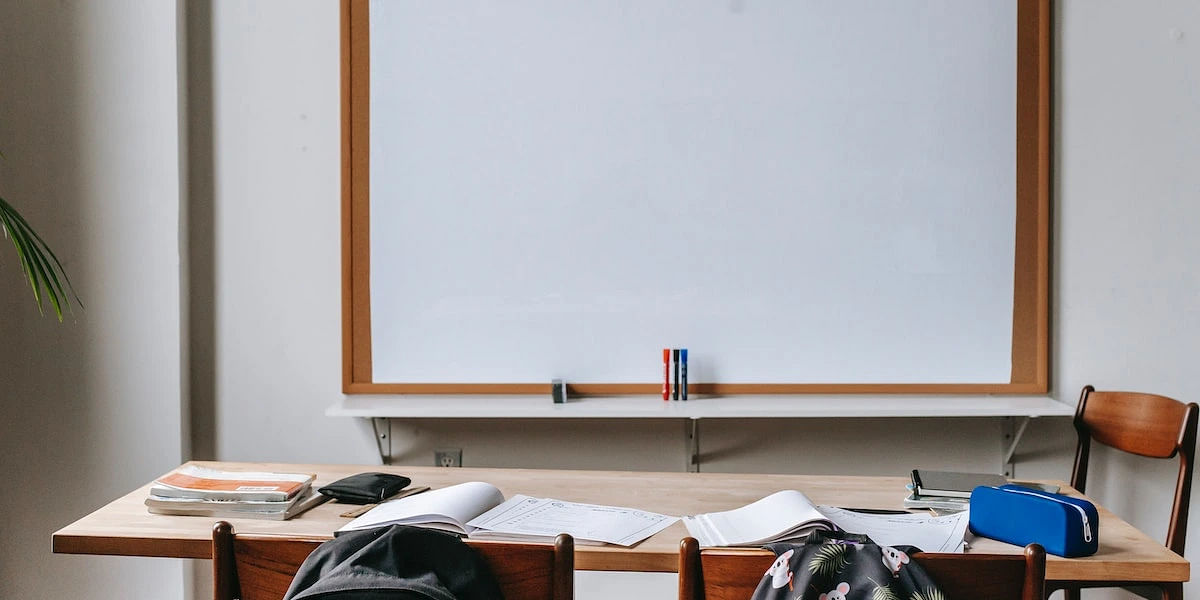
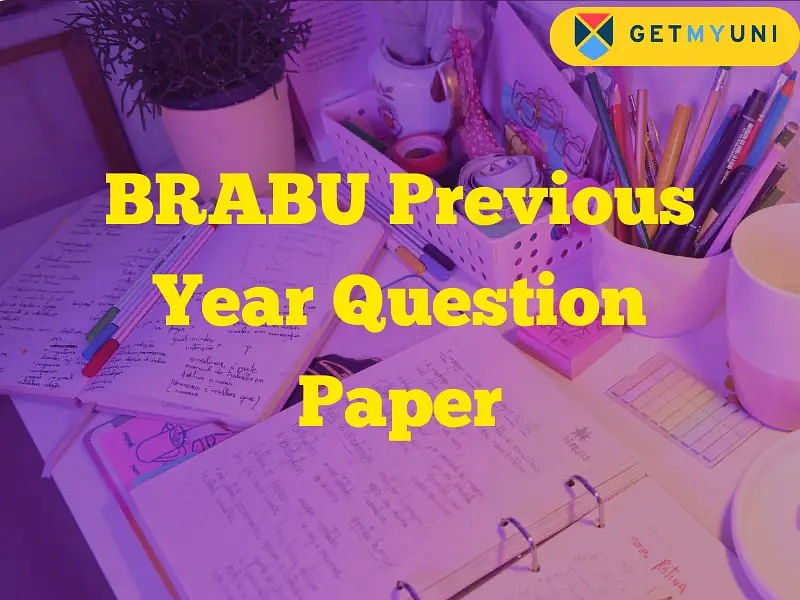
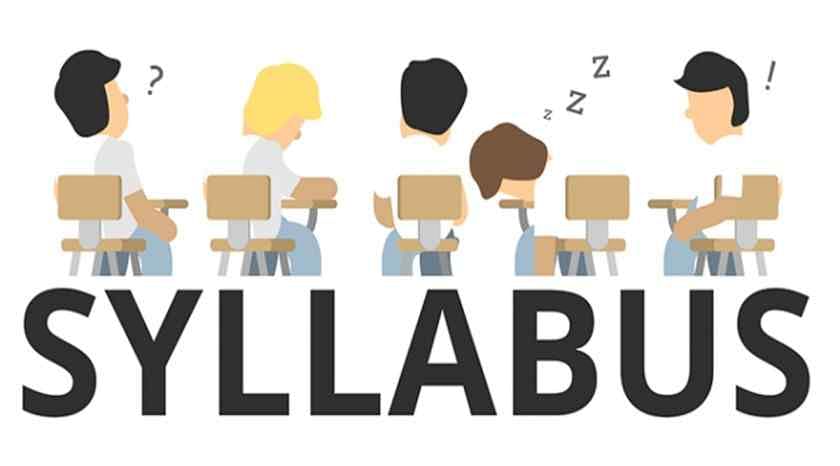
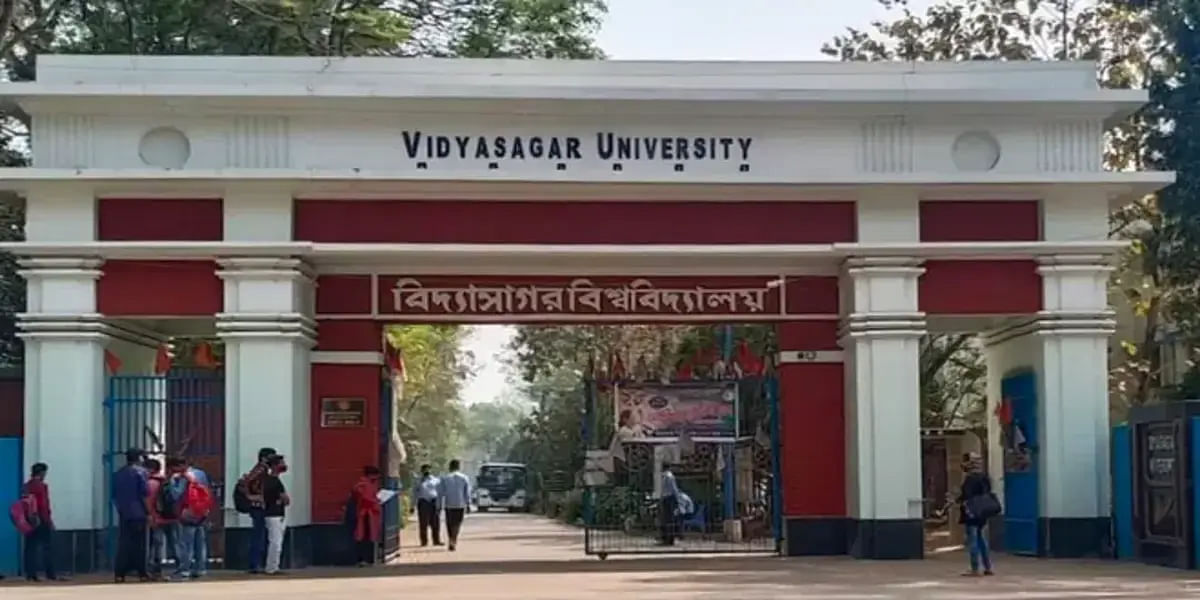
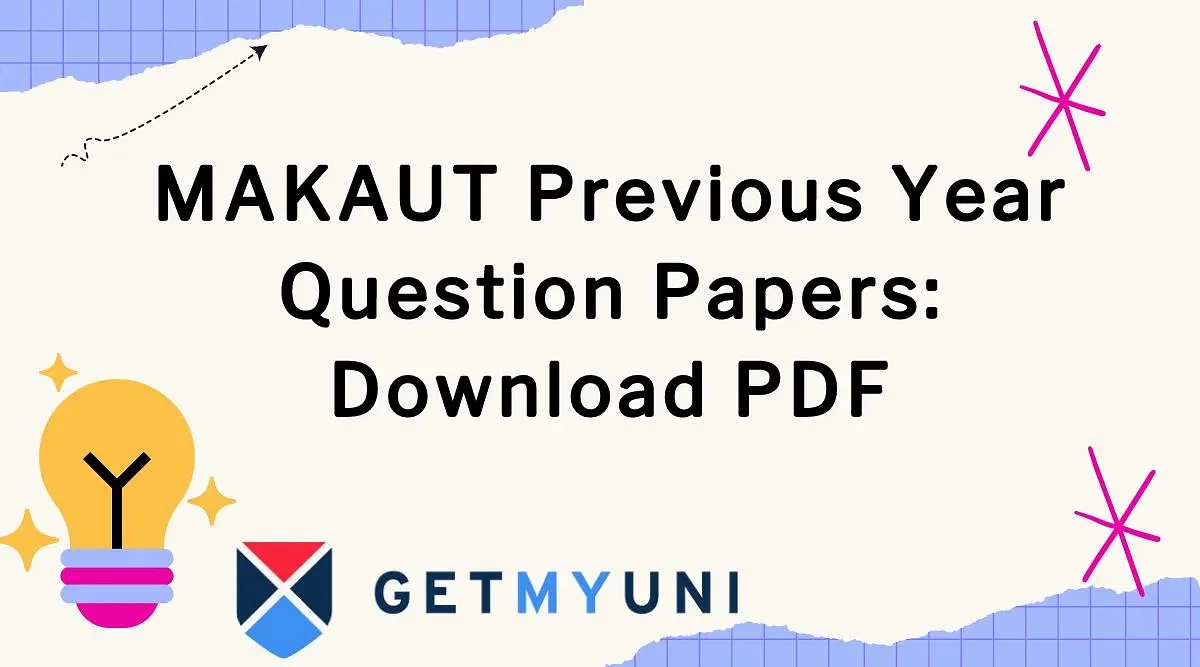
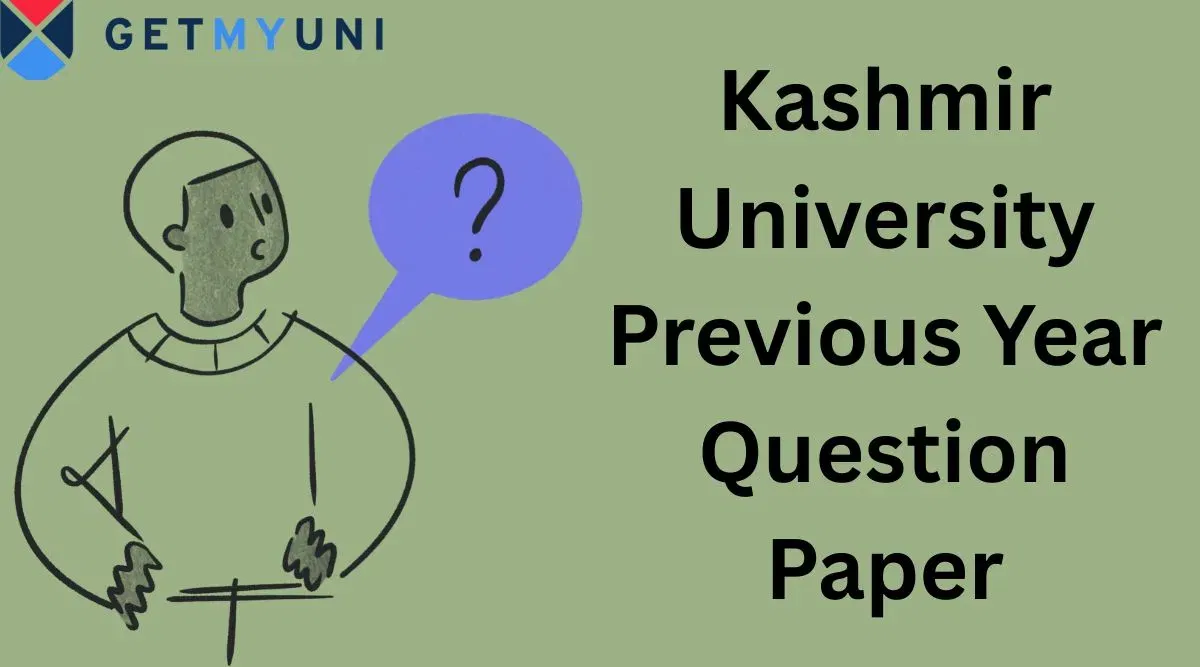

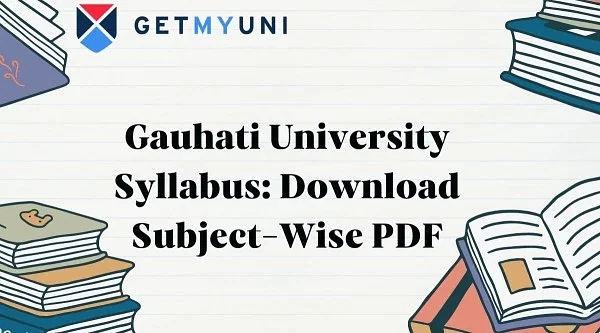
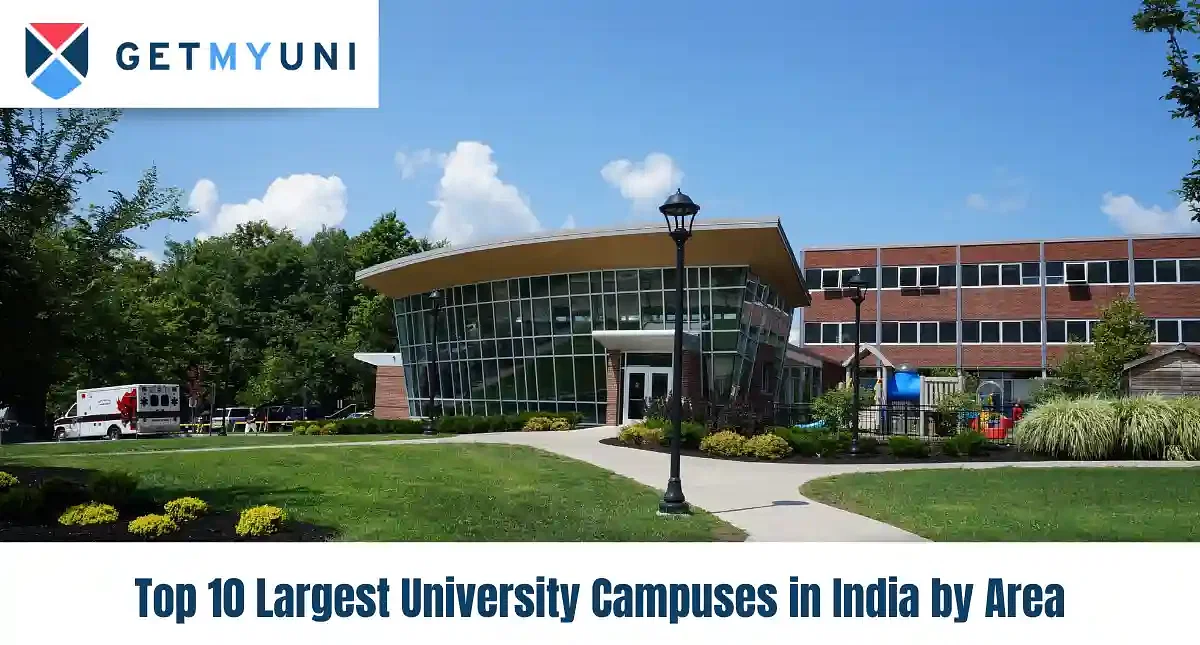
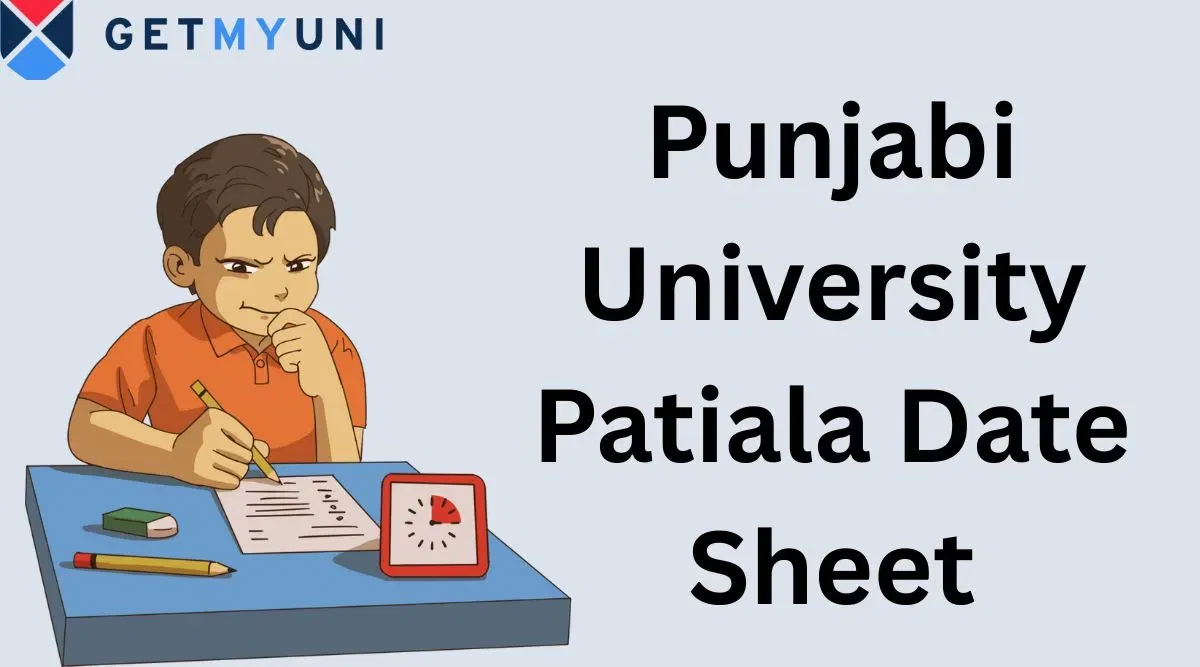
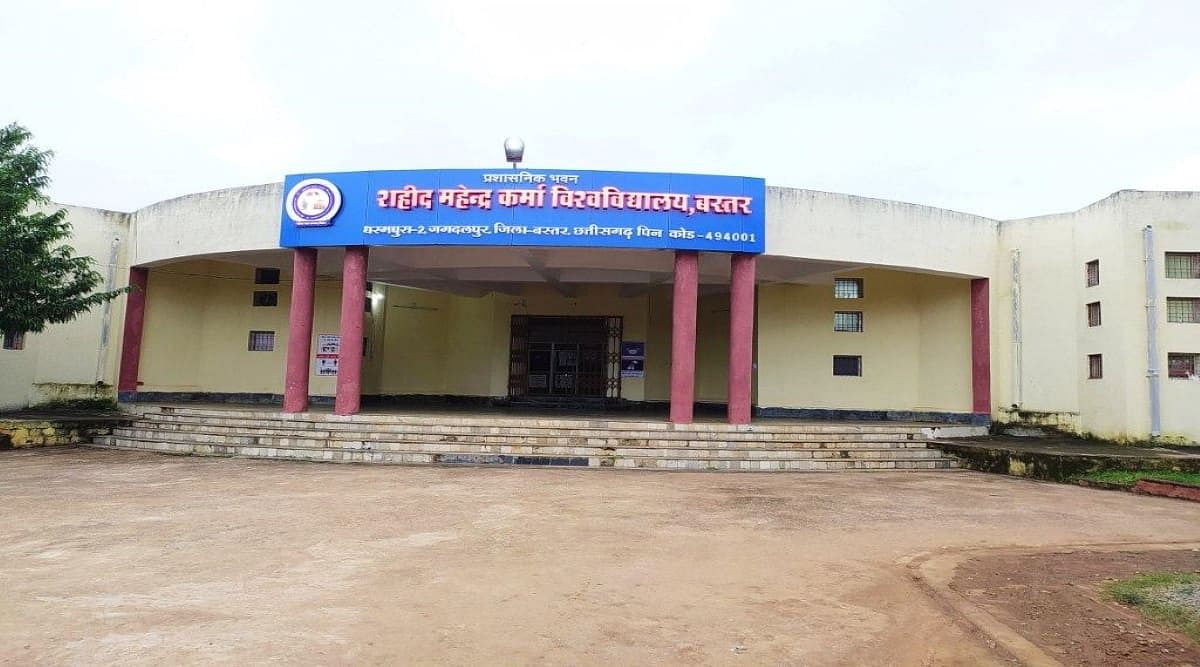



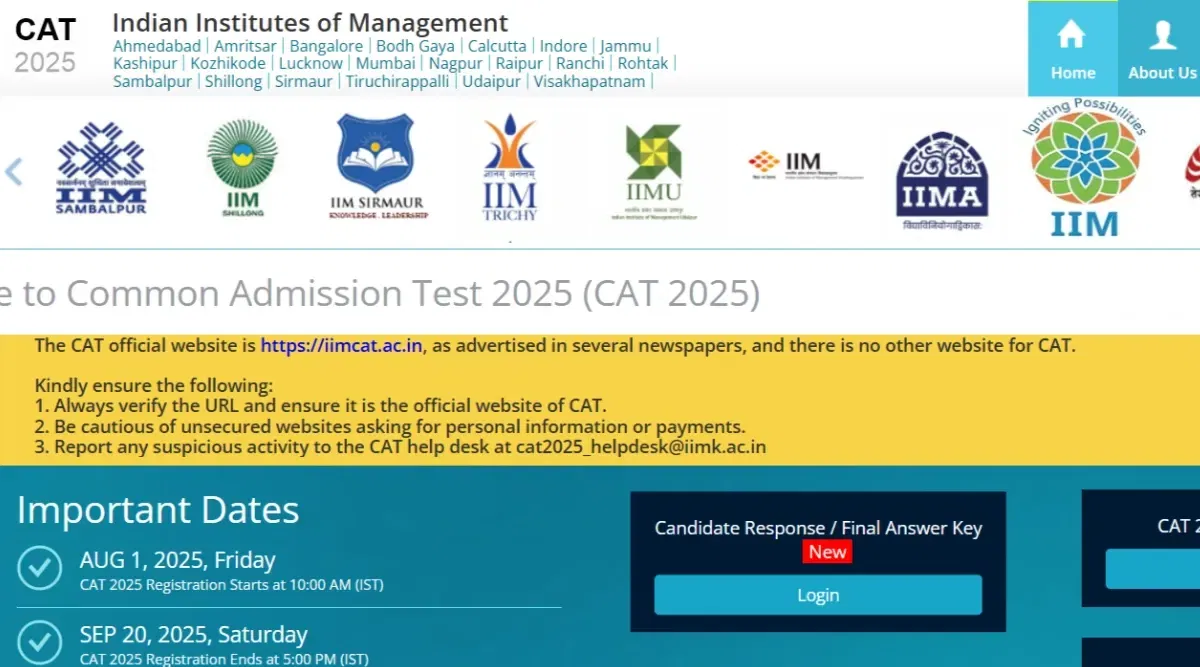
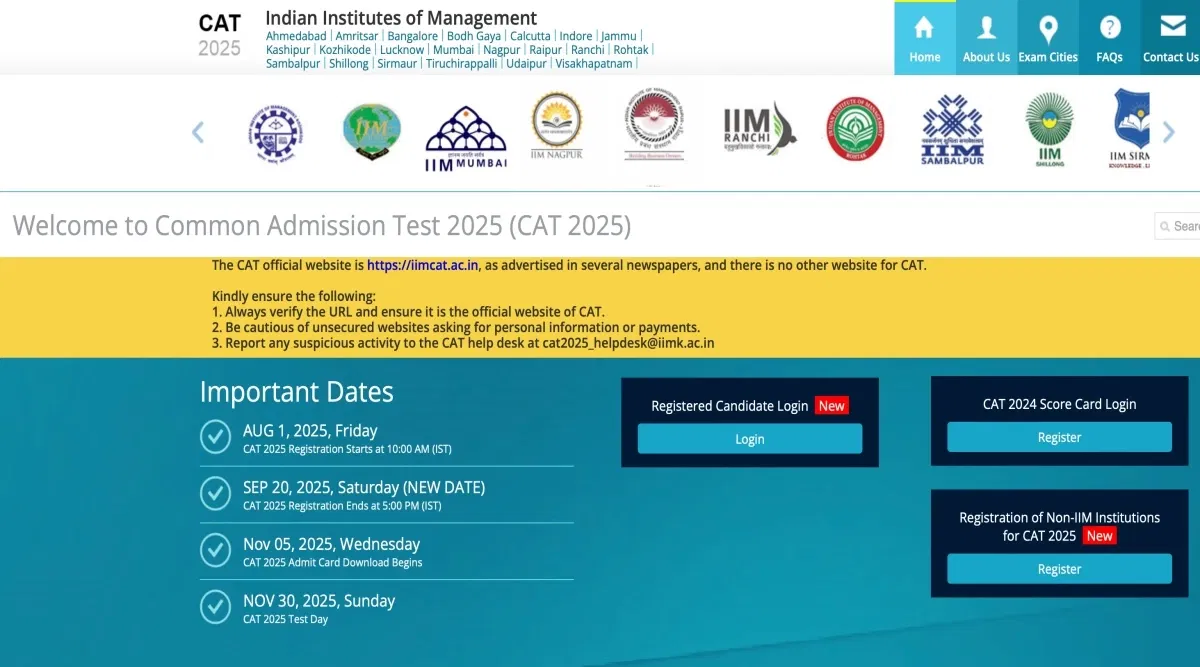
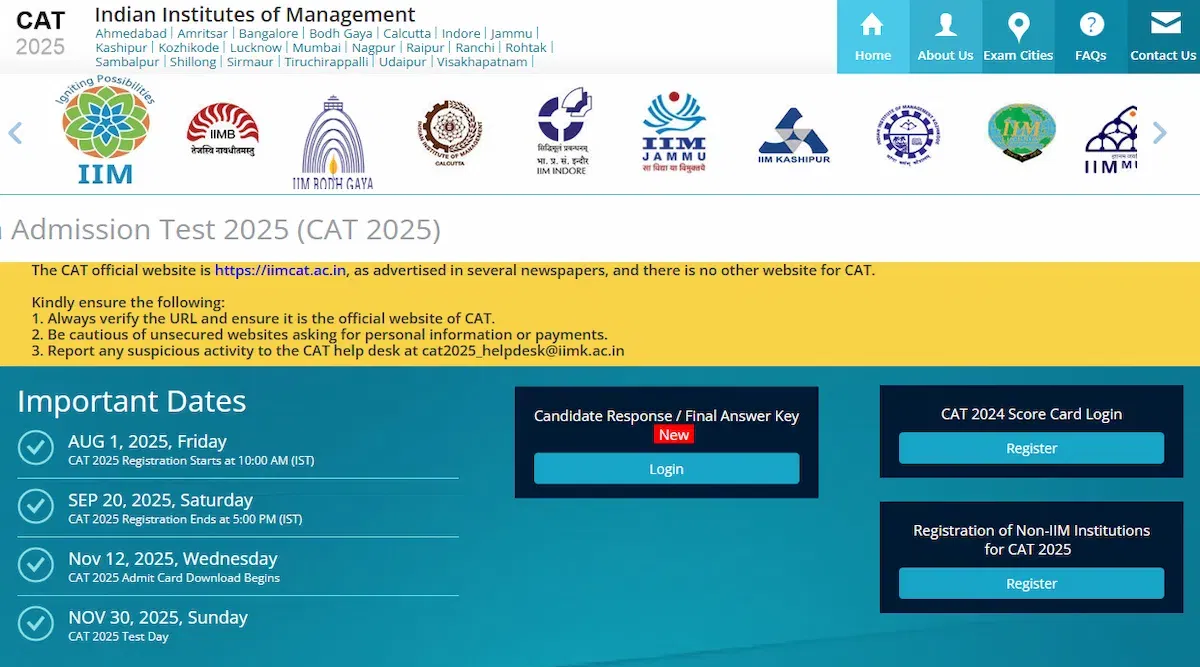
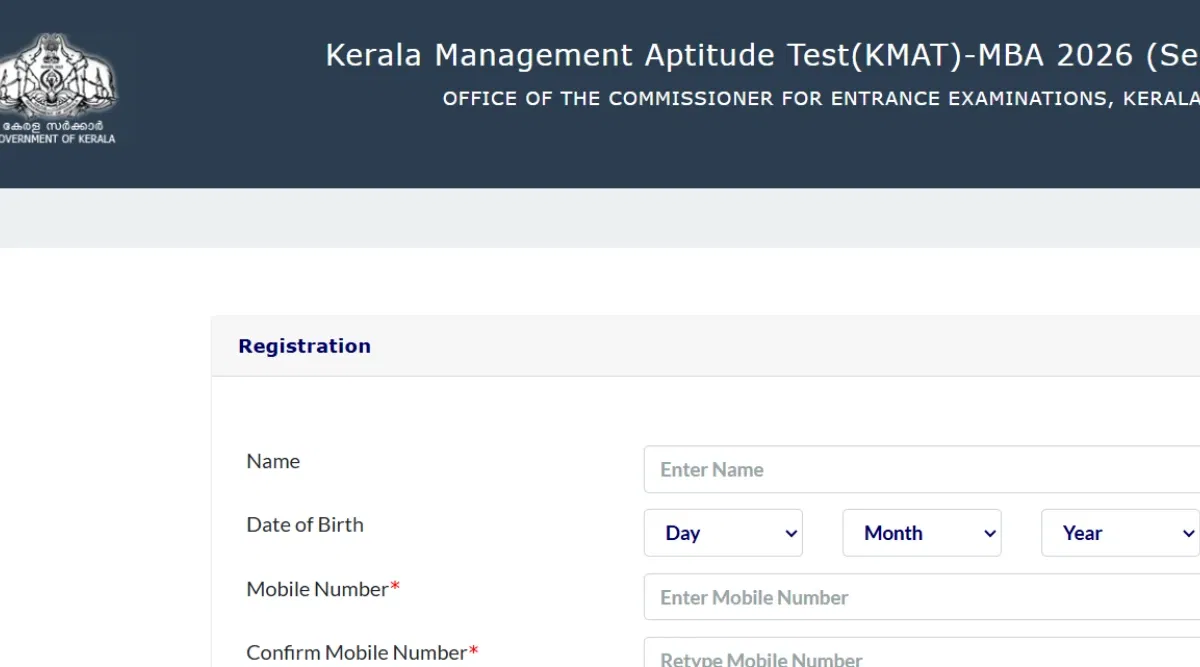
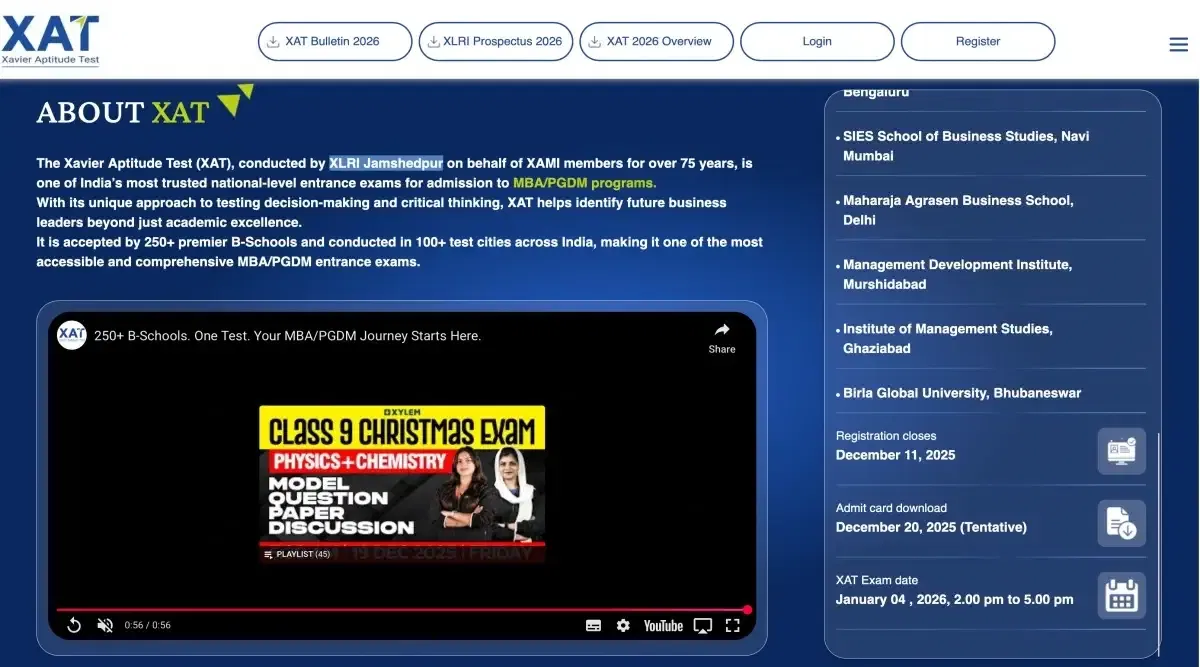
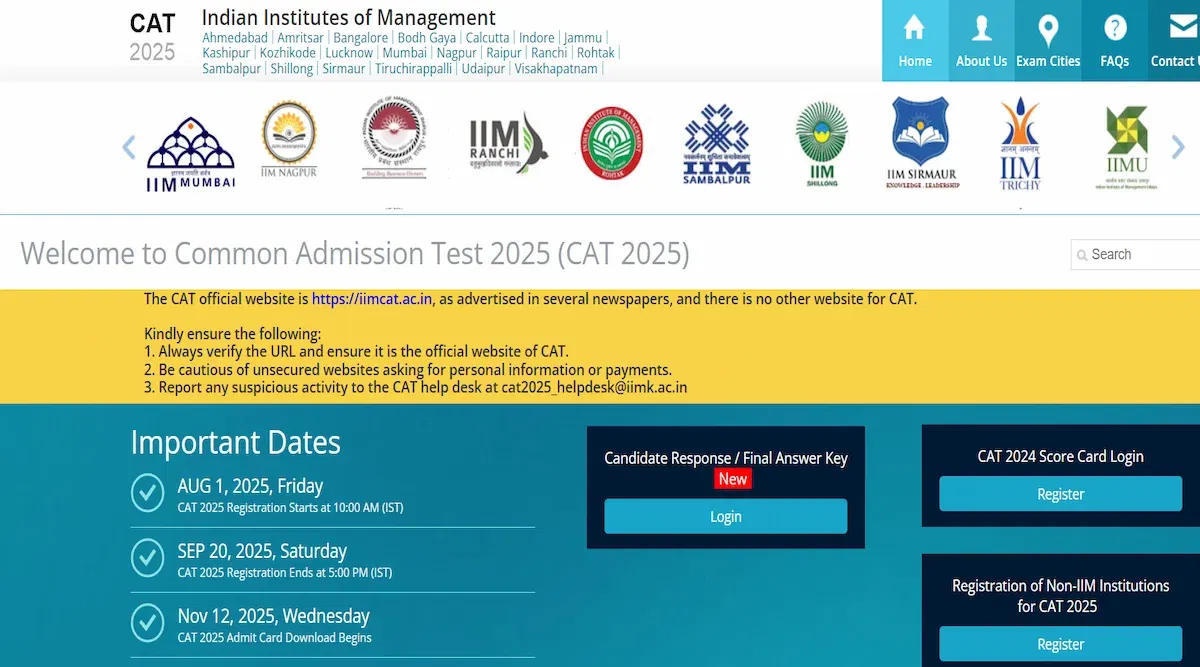


POST YOUR COMMENT